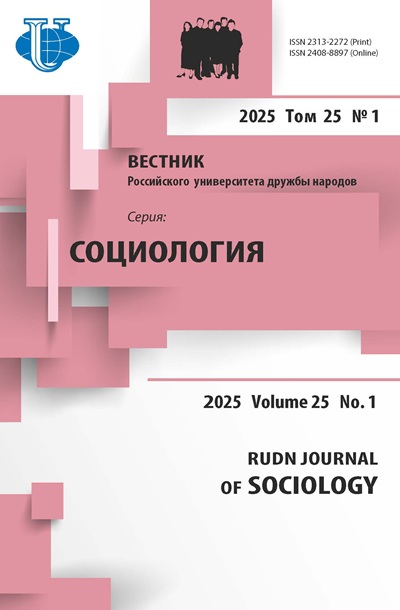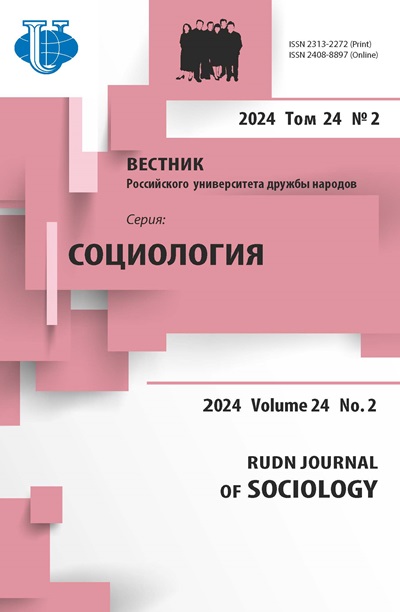Abstract
The article presents the results of the sociological study of the impact of the coaching approach in the educational process in higher education. Based on the theory of coaching by T. Gallwey and J. Whitmore, the authors developed a methodology for improving personal and professional competences of students in the field of management. This methodology consists of fundamental coaching techniques: setting personal goals, identifying existing resources, active listening, providing feedback, and so on. The general principles of this methodology meet the educational standards adopted in Russia’s higher educational institutions. This methodology was tested at the Russian Presidential Academy of National Economy and Public Administration (RANEPA) and RUDN University. The efficiency of this methodology was assessed with the results of the sociological study conducted as a monitoring of social behavior and activity of students of Bachelor’s and Master’s levels in 2017-2022 (N = 564 undergraduate and Master’s students and 361 PhD students). Undergraduate and graduate students from 2017, 2018 and 2019 courses were selected as a control group (448 students). The coaching method was introduced in 2020, and 477 students took part in the experiment. To assess the efficiency of the proposed methodology of introducing the coaching approach in the higher education system, the authors chose such indicators as attendance and involvement in classroom activities, which were evaluated during both offline and online (under the pandemic) courses. The results allowed the authors to conclude that the proposed methodology has a positive effect on the behavioral and cognitive involvement of students, thus, contributing to the quality of human capital of graduates in the field of management.














